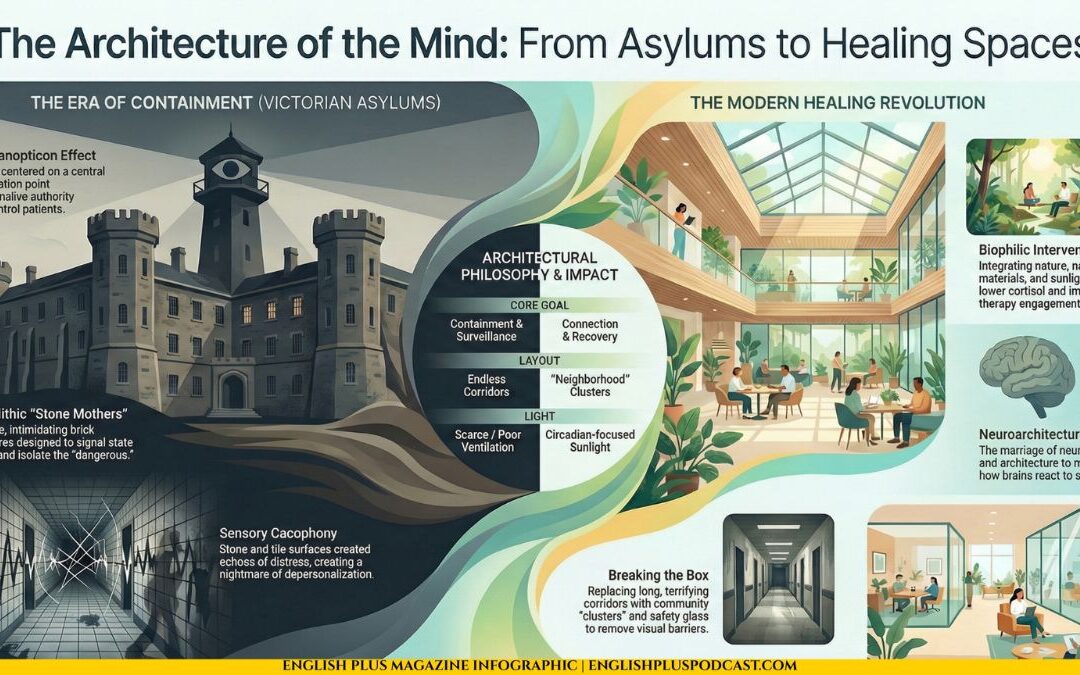Audio Episode
Introduction
Welcome to the Advanced Synonym Challenge! In the English language, very few words mean exactly the same thing. True synonyms are rare. Instead, words that seem similar carry different shades of meaning, different emotional weights (connotations), and are used in different situations.
Choosing the right word can change the entire meaning and feeling of a sentence. It’s the difference between being a competent English speaker and a truly masterful one. This quiz is designed to help you become that masterful speaker.
This isn’t just a test of your vocabulary size; it’s a test of your vocabulary precision. By taking this quiz, you will:
- Discover Nuance: Explore the subtle but critical differences between words you may have thought were interchangeable.
- Learn in Context: Each question presents a clear, real-life scenario where one word fits perfectly, helping you understand not just what a word means, but how it’s used.
- Get Detailed You won’t just see the right answer. You’ll get a detailed explanation for every single option, clarifying why one word works and the others don’t. This is where the real learning happens.
- Elevate Your Communication: By mastering these distinctions, your writing will become more vivid and your speaking more precise, allowing you to express yourself with greater clarity and impact.
Are you ready to move beyond simple definitions and become a connoisseur of words? Let’s begin.
Learning Quiz
This is a learning quiz from English Plus Podcast, in which, you will be able to learn from your mistakes as much as you will learn from the answers you get right because we have added feedback for every single option in the quiz, and to help you choose the right answer if you’re not sure, there are also hints for every single option for every question. So, there’s learning all around this quiz, you can hardly call it quiz anymore! It’s a learning quiz from English Plus Podcast.
Quiz Takeaways
Hello and welcome! If you’ve just completed the quiz, you’ve engaged in one of the most important exercises for any advanced learner of English: the art of nuance. It’s easy to learn that ‘sad’, ‘morose’, and ‘dejected’ all mean ‘unhappy’. It’s much harder, and much more important, to learn how they are different. Today, we’re going to dive into why these small differences matter so much.
Think of vocabulary like a painter’s palette. A beginner might only have the primary colors: happy, sad, walk, look. But an advanced speaker has a palette full of subtle shades: ecstatic, melancholy, amble, gaze. Having these shades allows you to paint a much more vivid, precise, and emotionally resonant picture with your words. Let’s break down the key factors you should consider when choosing between synonyms.
First, and perhaps most importantly, is connotation. Connotation is the emotional baggage or the cultural association that a word carries beyond its literal dictionary definition (which is called its ‘denotation’). In the quiz, we saw the set: slender, slim, wiry, and gaunt. All of them denote ‘thin’. But their connotations are worlds apart. Slender and slim have positive connotations of grace and attractiveness. Wiry has a connotation of leanness combined with strength. And gaunt, as we saw in question #10, has a strong negative connotation of being thin due to illness, hunger, or suffering. Using ‘slender’ to describe a sick person would be strange; using ‘gaunt’ to describe a supermodel would be insulting. The connotation is everything.
The second factor is intensity. Words often exist on a spectrum of strength. Look at the ‘happy’ words from question #6: pleased, content, jovial, ecstatic. Think of this as a volume dial. Pleased is quiet satisfaction. Content is a bit deeper, a peaceful happiness. Jovial describes a more outward, cheerful personality. But ecstatic is turning the volume to maximum. It’s an overwhelming, explosive joy. You wouldn’t say you were “ecstatic” about finding a parking spot, and you wouldn’t say you were merely “pleased” about winning the lottery. Choosing the right word on the spectrum of intensity makes your expression believable. The same goes for the words for ‘criticize’ in question #15: admonish is a firm warning, while castigate is a severe, public dressing-down.
The third factor is formality and register. Some words are more suited for a formal, academic, or literary context, while others are for casual conversation. In question #17, we looked at words for praise: commend, laud, extol. You might ‘praise’ your friend’s new haircut, but a poet would extol the virtues of nature. A general would commend a soldier for bravery. Using a highly formal word like extol in a very casual situation can sound pretentious, while using a simple word in a formal speech might make you sound uneducated. Matching the formality of your word to the situation, or ‘register’, is a sign of true fluency. This was also key in choosing venerable over ‘ancient’ for the respected old man in question #4; venerable carries a formal respect that ‘ancient’ lacks.
Fourth, we have collocation. Collocation refers to the way some words just seem to go together naturally in English. They are comfortable partners. In question #20, the answer was copious notes. While ‘abundant notes’ or ‘plentiful notes’ are grammatically correct, ‘copious notes’ is a very strong and common collocation. It just sounds right to a native speaker. Similarly, we talk about clandestine operations and surreptitious glances. Paying attention to these natural pairings will make your English sound much more fluid and authentic.
Finally, there’s the core meaning nuance itself. This was clear in the ‘walk’ words from question #1. Amble contains the idea of aimlessness and leisure. Trudge contains the idea of exhaustion and difficulty. Stride contains purpose and confidence. March contains discipline and rhythm. These aren’t just feelings or connotations; these ideas are part of the word’s core definition. The same applies to valiant vs plucky from question #11. Valiant suggests noble heroism, while plucky suggests the bravery of an underdog. The context of the sentence—a firefighter performing a rescue—pushed us towards the more heroic term.
So, how do you develop this skill? The first step is to stop thinking of synonyms as being the same. When you learn a new word, don’t just learn its definition. Look at example sentences. Ask yourself: Is it positive or negative? Is it strong or weak? Is it formal or informal? Does it seem to appear with other words frequently?
Read widely. Pay attention to word choice in novels, in news articles, in academic papers. When an author uses a word you don’t know, look it up, but also look at its synonyms. Ask yourself why the author chose that specific word. What shade of meaning were they trying to convey?
Becoming a master of synonym nuance is a lifelong journey, but it’s one of the most rewarding aspects of learning a language. It transforms your ability to communicate from a blunt instrument into a surgeon’s scalpel, allowing you to express your thoughts with precision, power, and elegance. Keep practicing, stay curious, and enjoy the richness of the English vocabulary.












0 Comments